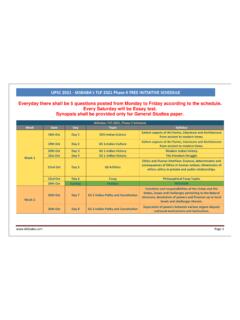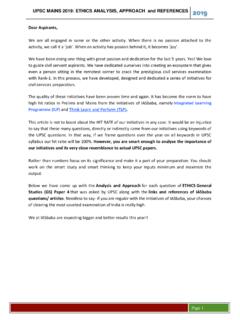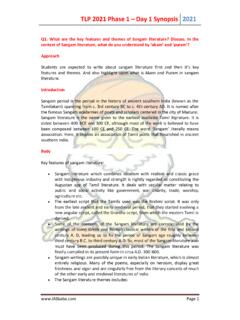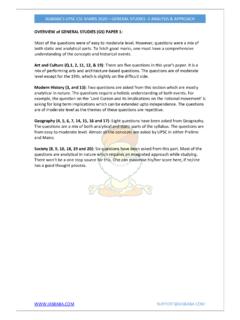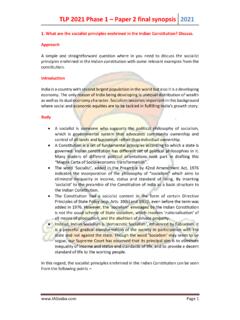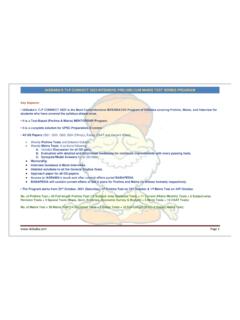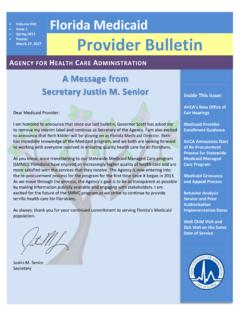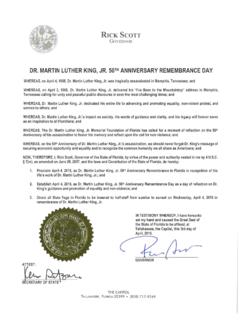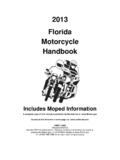Transcription of Justice: A Reader - IASbaba
1 Liberalism and the Limits of justice (1982; 2nd ed., 1998)Liberalism and Its Critics, editor (1984)Democracy s Discontent: America in Search of a Public Philosophy (1996)Public Philosophy: Essays on Morality in Politics (2005)The Case Against Perfection: Ethics in the Age of Genetic Engineering (2007) justice : A Reader , editor (2007)JUSTICEWHAT STHERIGHT THINGTO DO?MICHAEL J. SANDELFARRAR, STRAUS AND GIROUXNEW YORKFor Kiku, with loveCONTENTSDEDICATION 1. DOING THE RIGHT THING 2. THE GREATEST HAPPINESS PRINCIPLE / UTILITARIANISM 3. DO WE OWN OURSELVES? / LIBERTARIANISM 4. HIRED HELP / MARKETS AND MORALS 5. what MATTERS IS THE MOTIVE / IMMANUEL KANT 6. THE CASE FOR EQUALITY / JOHN RAWLS 7. ARGUING AFFIRMATIVE ACTION 8. WHO DESERVES what ? / ARISTOTLE 9. what DO WE OWE ONE ANOTHER? / DILEMMAS OF LOYALTY10. justice AND THE COMMON GOOD NOTESACKNOWLEDGMENTSINDEX1.
2 DOING THE RIGHT THINGIn the summer of 2004, Hurricane Charley roared out of the Gulf of Mexico and swept across Floridato the Atlantic Ocean. The storm claimed twenty-two lives and caused $11 billion in It also leftin its wake a debate about price a gas station in Orlando, they were selling two-dollar bags of ice for ten dollars. Lacking power forrefrigerators or air-conditioning in the middle of August, many people had little choice but to pay trees heightened demand for chain saws and roof repairs. Contractors offered to clear twotrees off a homeowner s roof for $23,000. Stores that normally sold small household generators for$250 were now asking $2,000. A seventy-seven-year-old woman fleeing the hurricane with her elderlyhusband and handicapped daughter was charged $160 per night for a motel room that normally goes for$ Floridians were angered by the inflated prices.
3 After Storm Come the Vultures, read a headlinein USA Today. One resident, told it would cost $10,500 to remove a fallen tree from his roof, said it waswrong for people to try to capitalize on other people s hardship and misery. Charlie Crist, the state sattorney general, agreed: It is astounding to me, the level of greed that someone must have in their soulto be willing to take advantage of someone suffering in the wake of a hurricane. 3 Florida has a law against price gouging, and in the aftermath of the hurricane, the attorney general soffice received more than two thousand complaints. Some led to successful lawsuits. A Days Inn inWest Palm Beach had to pay $70,000 in penalties and restitution for overcharging even as Crist set about enforcing the price-gouging law, some economists argued that the law and the public outrage were misconceived.
4 In medieval times, philosophers and theologians believedthat the exchange of goods should be governed by a just price, determined by tradition or the intrinsicvalue of things . But in market societies, the economists observed, prices are set by supply and is no such thing as a just price. Thomas Sowell, a free-market economist, called price gouging an emotionally powerful buteconomically meaningless expression that most economists pay no attention to, because it seems tooconfused to bother with. Writing in the Tampa Tribune, Sowell sought to explain how price gouging helps Floridians. Charges of price gouging arise when prices are significantly higher than what peoplehave been used to, Sowell wrote. But the price levels that you happen to be used to are not morallysacrosanct. They are no more special or fair than other prices that market conditions includingthose prompted by a hurricane may bring prices for ice, bottled water, roof repairs, generators, and motel rooms have the advantage,Sowell argued, of limiting the use of such things by consumers and increasing incentives for suppliers infar-off places to provide the goods and services most needed in the hurricane s aftermath.
5 If ice fetchesten dollars a bag when Floridians are facing power outages in the August heat, ice manufacturers willfind it worth their while to produce and ship more of it. There is nothing unjust about these prices, Sowellexplained; they simply reflect the value that buyers and sellers choose to place on the things Jacoby, a pro-market commentator writing in the Boston Globe, argued against price-gouginglaws on similar grounds: It isn t gouging to charge what the market will bear. It isn t greedy or s how goods and services get allocated in a free society. Jacoby acknowledged that the pricespikes are infuriating, especially to someone whose life has just been thrown into turmoil by a deadlystorm. But public anger is no justification for interfering with the free market. By providing incentives forsuppliers to produce more of the needed goods, the seemingly exorbitant prices do far more good thanharm.
6 His conclusion: Demonizing vendors won t speed Florida s recovery. Letting them go about theirbusiness will. 7 Attorney General Crist (a Republican who would later be elected governor of Florida) published an op-ed piece in the Tampa paper defending the law against price gouging: In times of emergency,government cannot remain on the sidelines while people are charged unconscionable prices as they fleefor their lives or seek the basic commodities for their families after a hurricane. 8 Crist rejected thenotion that these unconscionable prices reflected a truly free exchange:This is not the normal free market situation where willing buyers freely elect to enter into themarketplace and meet willing sellers, where a price is agreed upon based on supply anddemand. In an emergency, buyers under duress have no freedom.
7 Their purchases ofnecessities like safe lodging are debate about price gouging that arose in the aftermath of Hurricane Charley raises hardquestions of morality and law: Is it wrong for sellers of goods and services to take advantage of anatural disaster by charging whatever the market will bear? If so, what , if anything, should the law doabout it? Should the state prohibit price gouging, even if doing so interferes with the freedom of buyersand sellers to make whatever deals they choose?Welfare, Freedom, and VirtueThese questions are not only about how individuals should treat one another. They are also about whatthe law should be, and about how society should be organized. They are questions about justice . Toanswer them, we have to explore the meaning of justice . In fact, we ve already begun to do so. If youlook closely at the price-gouging debate, you ll notice that the arguments for and against price-gouginglaws revolve around three ideas: maximizing welfare, respecting freedom, and promoting virtue.
8 Each ofthese ideas points to a different way of thinking about standard case for unfettered markets rests on two claims one about welfare, the other aboutfreedom. First, markets promote the welfare of society as a whole by providing incentives for people towork hard supplying the goods that other people want. (In common parlance, we often equate welfarewith economic prosperity, though welfare is a broader concept that can include noneconomic aspects ofsocial well-being.) Second, markets respect individual freedom; rather than impose a certain value ongoods and services, markets let people choose for themselves what value to place on the things surprisingly, the opponents of price-gouging laws invoke these two familiar arguments for freemarkets. How do defenders of price gouging laws respond? First, they argue that the welfare of societyas whole is not really served by the exorbitant prices charged in hard times.
9 Even if high prices call fortha greater supply of goods, this benefit has to be weighed against the burden such prices impose onthose least able to afford them. For the affluent, paying inflated prices for a gallon of gas or a motelroom in a storm may be an annoyance; but for those of modest means, such prices pose a genuinehardship, one that might lead them to stay in harm s way rather than flee to safety. Proponents of price-gouging laws argue that any estimate of the general welfare must include the pain and suffering of thosewho may be priced out of basic necessities during an , defenders of price-gouging laws maintain that, under certain conditions, the free market isnot truly free. As Crist points out, buyers under duress have no freedom. Their purchases ofnecessities like safe lodging are forced. If you re fleeing a hurricane with your family, the exorbitantprice you pay for gas or shelter is not really a voluntary exchange.
10 It s something closer to extortion. Soto decide whether price-gouging laws are justified, we need to assess these competing accounts ofwelfare and of we also need to consider one further argument. Much public support for price-gouging laws comesfrom something more visceral than welfare or freedom. People are outraged at vultures who prey onthe desperation of others and want them punished not rewarded with windfall profits. Such sentimentsare often dismissed as atavistic emotions that should not interfere with public policy or law. As Jacobywrites, demonizing vendors won t speed Florida s recovery. 10 But the outrage at price-gougers is more than mindless anger. It gestures at a moral argument worthtaking seriously. Outrage is the special kind of anger you feel when you believe that people are gettingthings they don t deserve. Outrage of this kind is anger at touched on the moral source of the outrage when he described the greed that someone musthave in their soul to be willing to take advantage of someone suffering in the wake of a hurricane.

